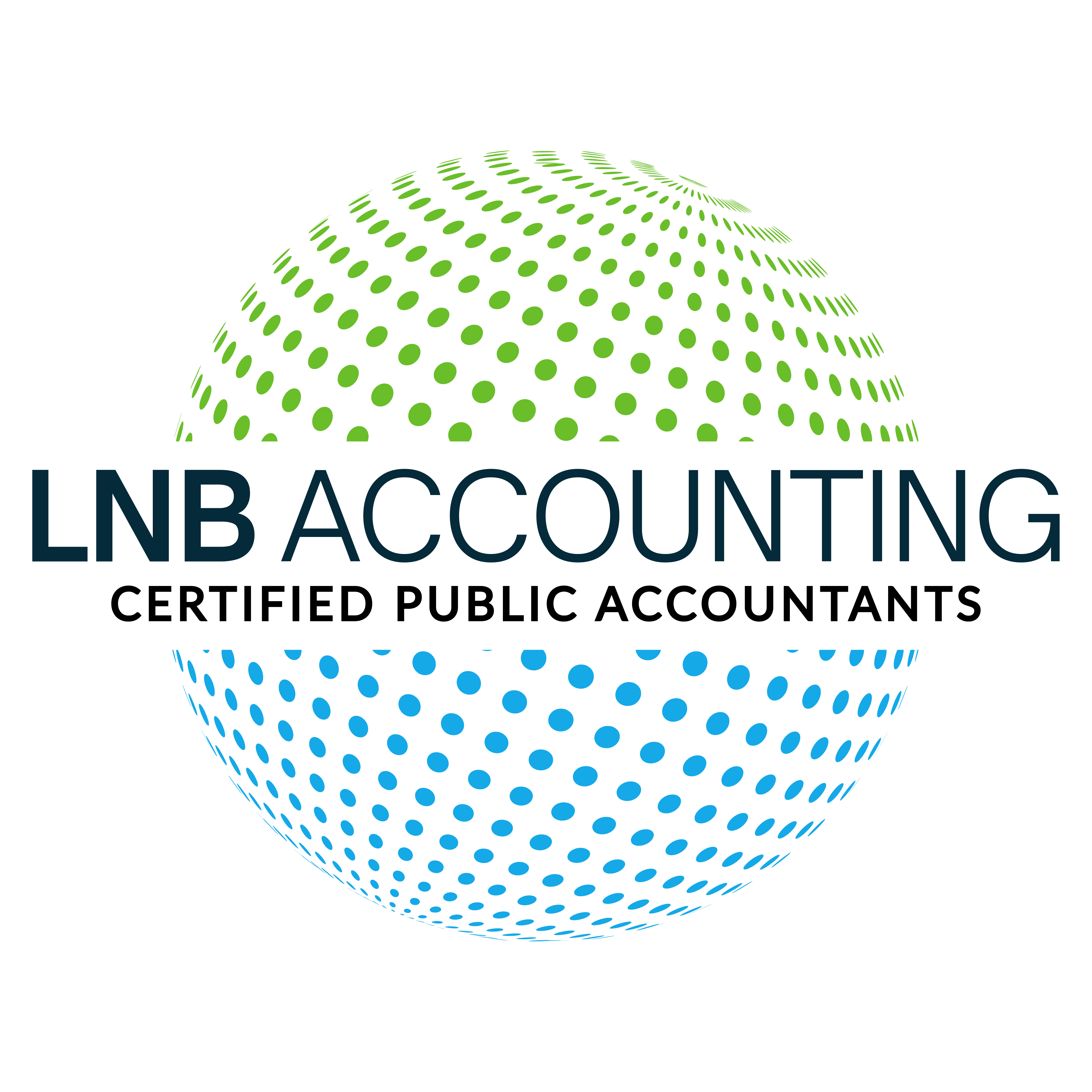
Finding the right 401(k) audit firm can make or break your business’s compliance efforts. Your employees depend on their retirement plans, and the Department of Labor expects rigorous oversight. Yet many business owners struggle with this critical decision, unsure what qualifications matter most or how to spot red flags that could cost them thousands in penalties.
The stakes are higher than you might think. A poorly executed 401(k) audit doesn’t just risk regulatory fines, it can damage your reputation with employees and expose your business to costly legal challenges. Meanwhile, the right audit partner does more than check compliance boxes. They identify process improvements, uncover cost savings, and provide peace of mind that your retirement plan operates in your employees’ best interests.
This guide walks you through everything you need to know about selecting a 401(k) audit firm that protects your business and empowers your team.
Understanding 401(k) Audits
Before you can choose the right audit firm, you need to understand what 401(k) audits involve and when they’re required. Let’s start with the basics.
What Is a 401(k) Audit and Who Needs One?
A 401(k) audit examines your retirement plan’s financial statements, operational procedures, and regulatory compliance. This independent review makes sure your plan operates according to ERISA (Employee Retirement Income Security Act) guidelines and protects participant interests.
The audit requirement kicks in when your plan covers 100 or more eligible participants at the beginning of the plan year. This threshold applies to all employees who could participate, not just those who actually contribute.
Key components of a 401(k) audit include:
- Financial statement examination and validation
- Testing of plan operations and participant transactions
- Review of fee arrangements and service provider agreements
- Assessment of fiduciary compliance and governance procedures
- Evaluation of plan document adherence and operational controls
ERISA Requirements and the 100 Participant Rule
ERISA sets strict standards for retirement plan management and reporting. Plan sponsors have fiduciary duties to act in participants’ best interests and make sure plan assets are properly managed and protected.
The 100-participant threshold determines audit requirements, but counting eligible participants can be tricky. You must include all employees who meet your plan’s eligibility requirements, even if they choose not to participate.
The Role of a 401(k) Auditor
Your 401(k) auditor serves as an independent watchdog, protecting both your business and your employees. They review plan operations with fresh eyes, identifying potential problems before they become costly compliance violations.
Beyond compliance checking, experienced auditors often discover operational inefficiencies that waste money or create administrative burdens. They might find duplicate fees, identify opportunities to streamline processes, or suggest plan design improvements that better serve your workforce.
Common Misconceptions About 401(k) Audits
Many business owners view 401(k) audits as expensive compliance hurdles rather than valuable business tools. This misconception leads to poor decision-making when selecting audit firms, often prioritizing low cost over quality service.
Another common myth suggests that 401(k) audits are routine “check-the-box” exercises. In reality, each audit should be tailored to your specific plan design, participant demographics, and business circumstances.
Why The Right 401(k) Audit Firm Matters
The right audit firm protects your business. The wrong one exposes it to serious risks.
The Impact of Quality Auditing on Compliance
Choosing an experienced, qualified audit firm dramatically reduces your compliance risks and potential penalties. The IRS and Department of Labor have increased enforcement efforts in recent years, making thorough audits more critical than ever.
A comprehensive audit identifies potential violations before regulators discover them, giving you time to implement corrective measures. This proactive approach protects your business from penalties that can reach six figures for serious violations.
How Thorough Audits Uncover Process Improvements
Experienced auditors often identify operational inefficiencies that cost money and create unnecessary administrative complexity. They might discover redundant service provider fees, suggest automation opportunities, or recommend plan design changes that reduce administrative burdens.
Common process improvements discovered during audits:
- Streamlined payroll integration reducing manual data entry
- Automated contribution monitoring preventing late deposit issues
- Simplified loan procedures reducing administrative complexity
- Enhanced employee communication improving participation rates
- Fee benchmarking opportunities identifying cost savings
The Risks of Choosing the Wrong Auditor
Selecting an inexperienced or unqualified audit firm creates significant risks for your business. Poor audit quality might miss compliance violations, leaving you exposed to penalties and legal challenges.
Inexperienced auditors often lack industry-specific knowledge, missing specifics that matter for your particular business or plan design. They might not understand complex contribution formulas, miss testing requirements, or fail to identify operational red flags.
Key Criteria For Choosing A 401(k) Audit Firm
Know what to look for when evaluating potential audit firms.
CPA Certification and Professional Qualifications
ERISA requires that 401(k) audits be performed by independent qualified public accountants. This isn’t just a technical requirement, CPA certification guarantees your auditor has the education, experience, and professional standards necessary for quality work.
Look for firms with specific experience in employee benefit plan auditing. This specialized knowledge helps auditors understand complex plan provisions, regulatory requirements, and industry best practices.
Essential qualifications to verify:
- Current CPA licenses for all audit team members
- Specific training and experience in employee benefit plan audits
- Membership in relevant professional organizations
- Continuing education in retirement plan regulations and best practices
- Professional liability insurance covering employee benefit plan work
Industry Experience and Specialization
Your audit firm should understand your specific industry and business model. Bay Area companies face unique challenges, from complex equity compensation arrangements in technology firms to specialized regulations for government contractors.
Experience with similar clients helps auditors identify industry-specific risks and opportunities. They understand common plan design issues, regulatory specifics, and operational challenges that matter for your business.
Industry expertise that matters:
- Technology companies with complex equity compensation
- Real estate and construction firms with irregular employment patterns
- Medical practices with multiple entity structures
- Nonprofit organizations with diverse funding sources
- Government contractors with federal compliance requirements
Technology and Software Expertise
Modern accounting software streamlines audit procedures and improves accuracy. Your audit firm should be proficient in the technology platforms your business uses, including QuickBooks, Sage, and NetSuite.
Advanced software expertise allows auditors to work more efficiently, reducing the time and cost of your audit while providing better insights into plan operations. It also enables real-time collaboration and secure document sharing through client portals.
Audit Process and Client Experience
The audit process should be clearly defined and efficiently managed. Your auditor should provide a detailed timeline, explain documentation requirements, and maintain regular communication throughout the engagement.
Elements of an effective audit process:
- Comprehensive planning and scoping discussion
- Clear timeline with defined milestones and deliverables
- Detailed documentation requests organized by category
- Regular status updates and progress communication
- Efficient fieldwork that minimizes business disruption
- Clear, actionable reporting and recommendations

Common Questions About Choosing An Audit Firm
The practical questions that matter most when selecting your audit firm.
What Should I Ask a Prospective 401(k) Auditor?
Essential questions for evaluating audit firms:
- How many employee benefit plan audits do you complete annually?
- What specific experience do you have with plans similar to ours?
- Who will be assigned to our audit team, and what are their qualifications?
- What is your typical audit timeline, and how do you manage deadlines?
- Can you provide references from similar clients?
- How do you stay current on changing regulations and best practices?
How Do I Know If My Business Is Ready for a 401(k) Audit?
Preparation is key to a successful audit experience. Start organizing documentation well before your audit deadline, ideally 4-6 months before your Form 5500 filing deadline.
Key preparation steps:
- Gather all plan documents, amendments, and service provider agreements
- Compile participant census data and contribution records
- Organize investment statements and fee documentation
- Review payroll records for accuracy and completeness
- Document any plan operational changes or unusual transactions
What Documents and Records Will I Need?
Comprehensive documentation is essential for an efficient audit. Your auditor will need access to plan documents, financial records, participant data, and operational procedures.
Essential documentation categories:
- Plan documents, amendments, and summary plan descriptions
- Service provider agreements and fee disclosures
- Trust statements and investment records
- Payroll records and contribution documentation
- Participant statements and transaction records
- Board resolutions and fiduciary meeting minutes
How Long Does the Audit Process Take?
Audit timing depends on plan complexity, documentation quality, and your team’s responsiveness. Most audits take 4-8 weeks from start to finish, with active fieldwork usually requiring 1-2 weeks.
What Are Common Pitfalls to Avoid?
Mistakes that can complicate your audit:
- Waiting until the last minute to begin audit preparation
- Providing incomplete or disorganized documentation
- Failing to communicate operational changes or issues
- Not involving key personnel in the audit process
- Choosing audit firms based solely on price rather than quality
Red Flags To Avoid
Know what to avoid so you don’t choose the wrong audit firm.
Inexperienced or Non-CPA Firms
ERISA requires that 401(k) audits be performed by qualified public accountants. Never compromise on this fundamental requirement, as using unqualified auditors can invalidate your audit and expose your business to regulatory penalties.
Lack of Industry-Specific Knowledge
Generic accounting firms without employee benefit plan expertise often miss critical compliance issues and fail to provide valuable insights. They may not understand complex contribution formulas, testing requirements, or operational specifics..
Warning signs of insufficient expertise:
- Limited experience with employee benefit plan audits
- Inability to explain complex compliance requirements clearly
- Generic audit approach that doesn’t account for plan specifics
- Poor understanding of your industry or business model
Poor Communication and Unclear Pricing
Communication problems during the audit create frustration and inefficiency. Firms that don’t respond promptly to questions, provide unclear status updates, or surprise you with unexpected fees demonstrate poor project management.
Firms That Overpromise
Be wary of firms that make unrealistic promises about audit timelines, costs, or outcomes. Quality audit and assurance services require significant expertise and time investment that can’t be provided for unrealistically low fees.
The Value Of Local Bay Area Expertise
Regional knowledge makes a real difference in audit quality and insights.
Understanding Regional Business Climate
Bay Area businesses operate in a unique environment with specific regulatory considerations, competitive pressures, and workforce characteristics. Local audit firms understand these nuances and can provide insights that out-of-area providers might miss.
Regional factors that matter:
- Complex equity compensation arrangements common in technology firms
- High cost of living affecting retirement plan design and participation
- Diverse workforce demographics requiring inclusive benefit strategies
- Competitive talent market influencing benefit plan features
- State-specific regulations affecting plan operations
Deep Community Roots and Commitment
Our firm has deep roots in the Bay Area community and a genuine commitment to local business success. We understand the challenges facing small to mid-sized businesses and work to provide solutions that support both individual success and community prosperity.
Shared Values and Cultural Understanding
Working with a firm that shares your values and understands your community creates stronger, more productive relationships. Our commitment to empowerment and community support aligns with the values of many Bay Area businesses.
The LNB Accounting Approach
Here’s how we deliver exceptional 401(k) audit services to our clients.
Our Proven Audit Process
Our 401(k) audit process is designed for efficiency and thoroughness, minimizing disruption to your business while ensuring comprehensive compliance review.
We begin every engagement with a detailed discovery call to understand your plan design, participant demographics, and specific compliance concerns. Once engaged, we provide a comprehensive documentation request organized by category and priority through our secure client portal.
Our experienced team conducts audit procedures efficiently, using advanced analytics and testing procedures to identify potential issues quickly. We maintain regular communication throughout the process, providing status updates and addressing questions promptly.
Technology-Enhanced Service Delivery
We use advanced technology to streamline audit procedures and enhance service quality. Our secure client portal provides real-time access to audit status, document requests, and communications.
Technology advantages:
- Secure document sharing and communication
- Real-time audit status tracking
- Automated testing and analysis procedures
- Integration with major accounting software platforms
- Electronic report delivery and archiving
Community-Focused Values and Client Empowerment
Our commitment to community empowerment extends to every client relationship. We believe that successful businesses should strengthen entire communities, and we work to help our clients achieve both financial success and positive social impact.
This perspective helps us understand diverse workforces and develop inclusive benefit strategies that serve all employees effectively.
Don’t settle for generic service providers who view your audit as just another compliance requirement. Choose a partner who understands your community, shares your values, and delivers the quality you deserve.
Contact us today to schedule your discovery call and learn how our expertise can benefit your business. Your employees’ financial security and your business’s compliance success are too important to leave to chance.
FAQs
What is a 401(k) audit and who needs one?
A 401(k) audit is an independent review of your retirement plan’s financial statements and operations, required if your plan has 100 or more eligible participants at the start of the plan year.
Why do I need a CPA firm for my 401(k) audit?
ERISA regulations require that 401(k) audits be performed by independent, qualified public accountants (CPAs) to ensure accuracy and regulatory compliance.
How long does a typical 401(k) audit take?
Most 401(k) audits take between 4 to 8 weeks, depending on your plan’s complexity and how quickly you can provide the necessary documentation.
What documents will I need to provide for a 401(k) audit?
You’ll need to provide plan documents, amendments, service provider agreements, payroll records, participant data, and investment statements.
What are common mistakes to avoid during a 401(k) audit?
Avoid waiting until the last minute, submitting incomplete records, and failing to communicate plan changes or issues with your auditor.
How do I choose the right 401(k) audit firm?
Look for a CPA firm with employee benefit plan experience, industry knowledge, advanced technology skills, and transparent pricing.




